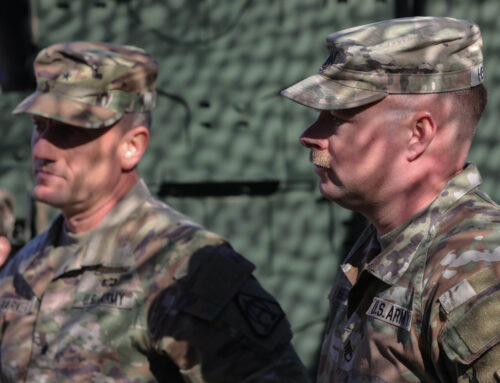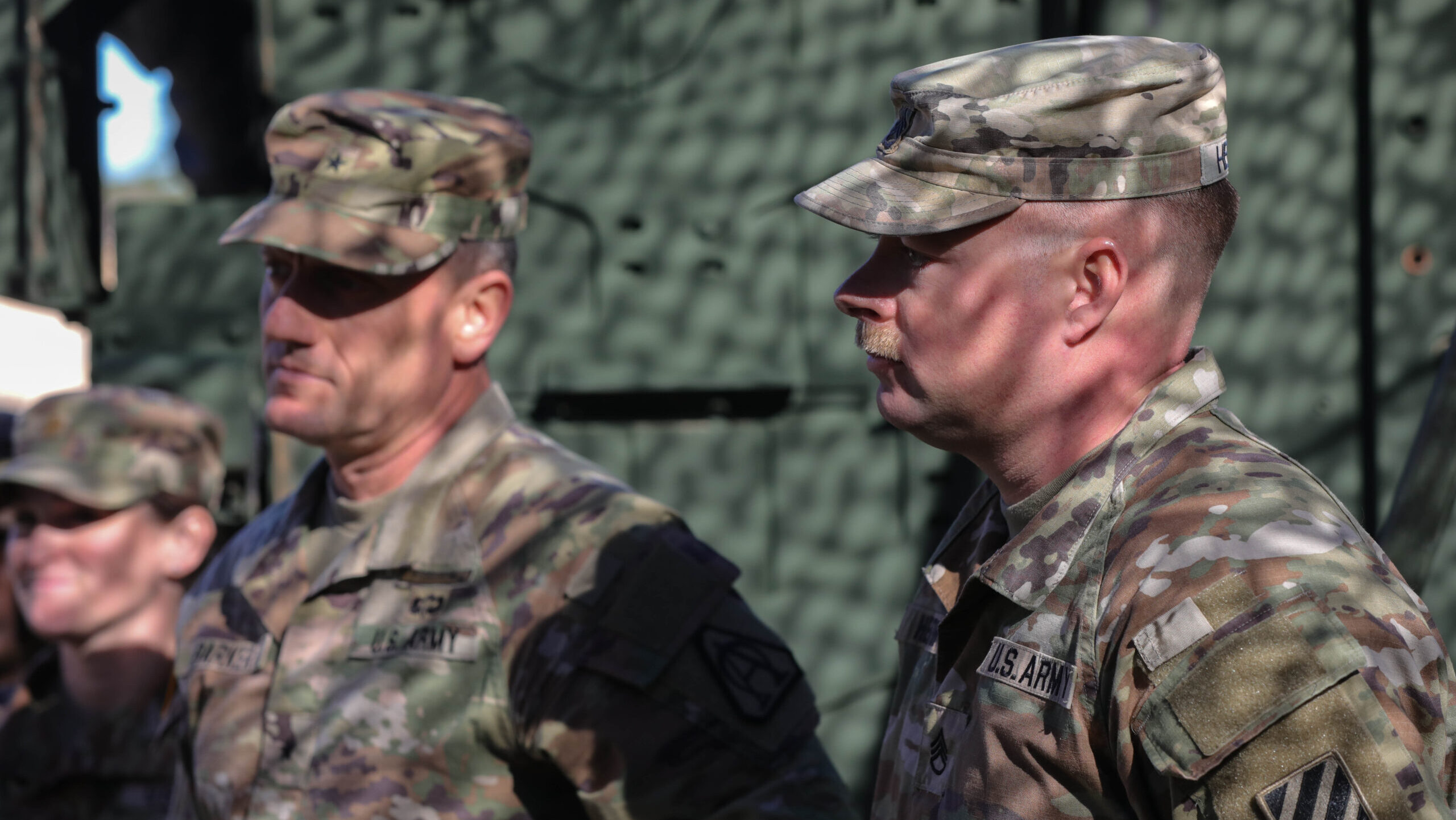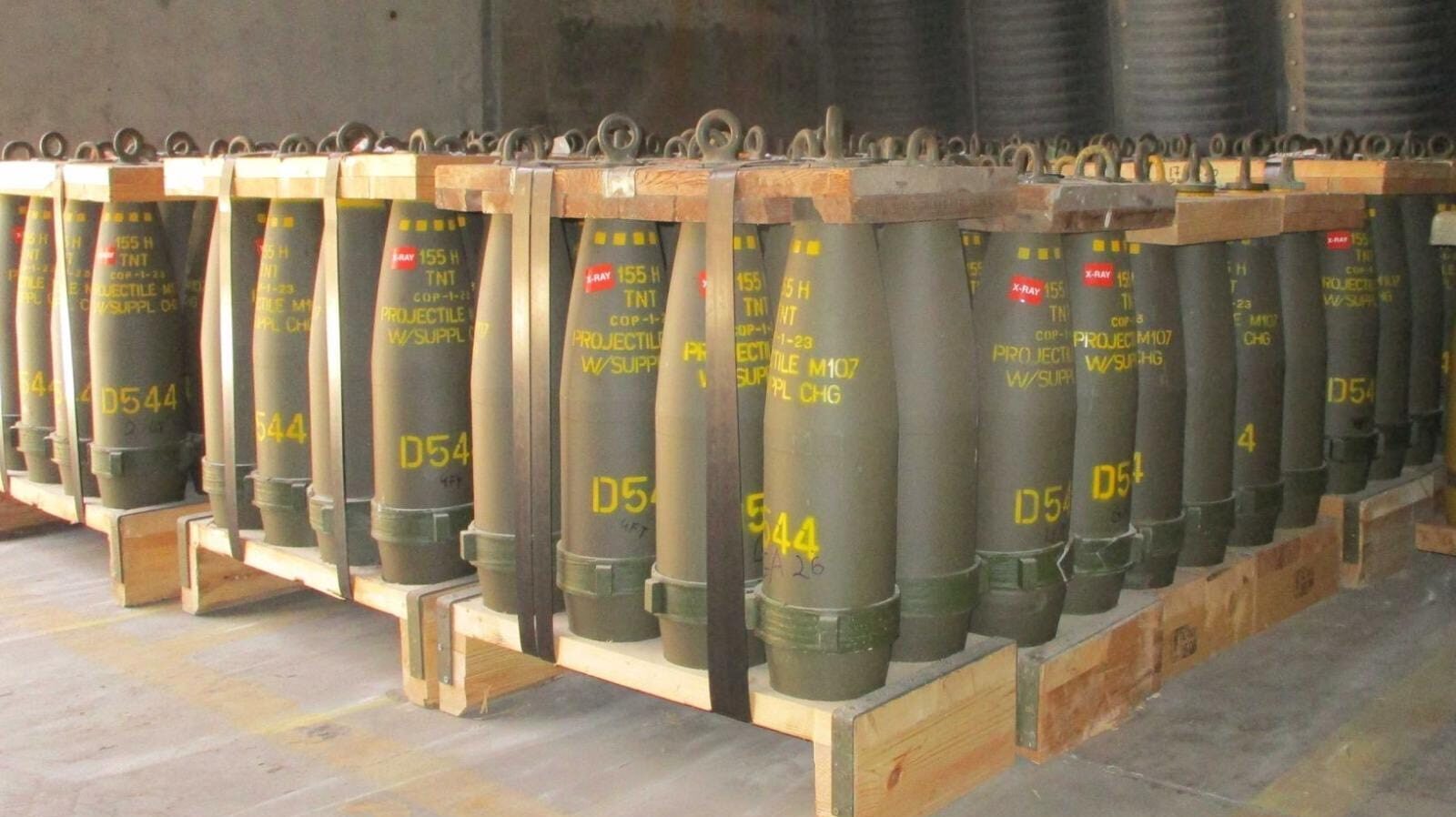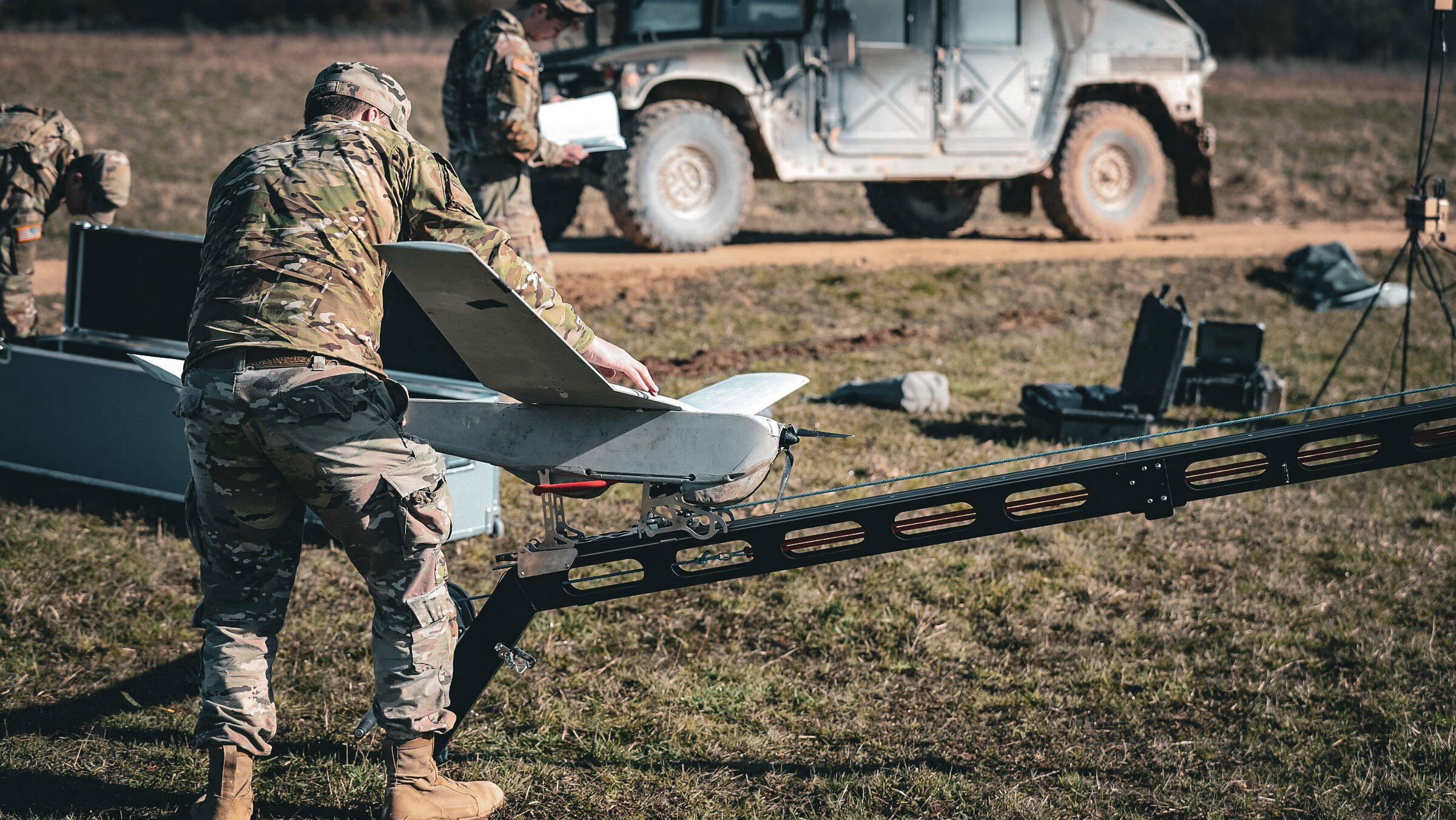
A Bombardier Global 6500 aircraft. (Bombardier via US Army)
WASHINGTON — The US Army has officially restarted work on its new spy plane after the Government Accountability Office (GAO) denied L3Harris’s contract protest late last month, according to a service spokesperson.
The release of the stop work order was signed out on Monday, essentially enabling the Sierra Nevada Corporation (SNC) to resume integration work on the High Accuracy Detection and Exploitation System (HADES) program.
“The memo to SNC stated all activities associated with the specified work activity, including administrative actions, procurement, physical work, submittals, subcontracts, etc., pertaining to subject contract are back in full force and effect,” the Army spokesperson told Breaking Defense today.
If the Army’s HADES program stays on track, the service plans to have an initial aircraft ready for the force by the end of 2026 or early 2027. In all, the service could acquire more than a dozen aircraft under a one-per-year buy, depending on budgets and the threat analysis.
In August 2024, the Army selected SNC to convert Bombardier’s Global 6500 business jets into an intelligence, surveillance and reconnaissance (ISR) platform for the HADES program. An industry team composed of L3Harris, Leidos and MAG Aerospace had also bid on the program to replace the legacy fleet of RC-12 Guardrail turboprop aircraft.
In October, L3Harris filed a protest with the GAO, and the Army halted SNC’s HADES work until the government watchdog agency issued its ruling. The GAO issued its verdict on Dec. 23 and later released a redacted 21-page report noting that it denied the protest in part and dismissed it in part.
The GAO report included details about how the Army ranked both teams’ final proposals. When it came to cost, the L3Harris team’s projected price tag came in at $133 million, while SNC was at $93 million, or $40 million less. As for the technical evaluation, the service rated the L3Harris bid as “unacceptable” and SNC’s as “outstanding.” Specifically, in the design and integration subcategory L3Harris was given an “unacceptable” and SNC was given a “outstanding.” For their certification approaches, L3Harris was again marked as “unacceptable” while SNC received a “good.” Both teams received “good” scores for their Modular Open System Approach and maintenance and operations plans.
“L3Harris challenges nearly every aspect of the agency’s evaluation and source selection decision, including the evaluation of proposals under the technical factor, the cost/price evaluation, and the eligibility of the awardee,” the GAO wrote.
“We find that the agency reasonably concluded that the protester’s proposal was unacceptable under the technical factor due to four deficiencies, rendering the proposal ineligible for award,” it later added.
The GAO also confirmed that L3Harris disputed SNC’s eligibility for award because it did not exist as that entity under that name.
“The protester’s allegations in this regard are based on SNC’s corporate conversion to Sierra Nevada Company, LLC in September 2023,” the GAO wrote. “Based on our review of the record, we find that these arguments do not provide a basis to sustain the protest.”
SNC did not immediately respond to questions today about the GAO report, and L3Harris declined to comment beyond past statements. Last month the company said it would weigh its options and determine it next steps.











